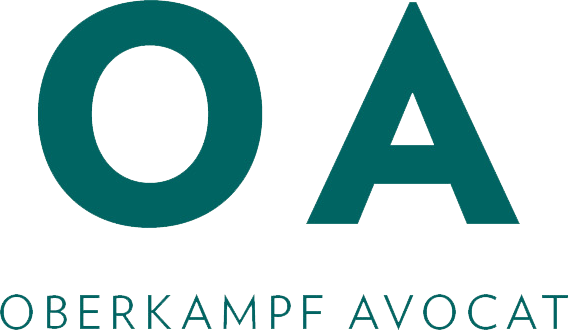Key highlights from January 2026 in the sustainability space.
1- Nine countries launch the Hamburg Declaration for clean energy
On January 26, 2026, the governments of Belgium, Denmark, France, Germany, Ireland, Luxembourg, the Netherlands, Norway, and the United Kingdom signed the Joint Offshore Wind Investment Pact and the Hamburg Declaration, committing to the development of 300 GW of offshore wind energy capacity by 2050, including 100 GW through transnational cooperation projects.
In cooperation with the European Commission and the European Investment Bank, the Pact commits to the steady build-out of wind projects across the North Seas by removing regulatory obstacles to Power Purchase Agreements and implementing two-sided Contracts for Difference to facilitate investment, while also driving industrialisation and collaboration to support scalability and cost-effectiveness.
This initiative reflects broader concerns regarding Europe’s energy autonomy and its implications for regional security. While the Trump administration terminated 7,6 billion USD in clean energy grants in 2026, U.S. companies have benefited from sanctions on Russia, as oil and gas together accounted for 58% of the EU’s energy consumption in 2025. The Pact seeks not only to establish a low-carbon counterweight that supports Europe’s energy independence, but also to strengthen regional security and defense through “increased cooperation in the framework of NATO, as appropriate, to enhance its defense, security, and resilience.”
2- EU Joint Bank Reporting committee publishes 2026 Work Programme and ESG recommendations
The EU Joint Bank Reporting Committee published its 2026 Work Programme alongside a set of ESG recommendations, making semantic integration and harmonised reporting standards a priority in 2026. The recommendations aim to standardize how European financial institutions define, categorize, and report ESG information across statistical, supervisory and resolution reporting.
The initiative aligns with the EU’s broader objective to improve data quality, reduce remediation costs for market actors, and enhance interoperability across institutions and sectors.
3- PepsiCo CEO calls for sustainability reframe
Speaking at the World Economic Forum in Davos, the PepsiCo CEO Ramon Laguarta called on companies to reframe their discussions of sustainability and growth as a question of short and long-term costs, rather than as a trade-off between sustainability and profits. His speech emphasized that business models founded on growth must determine how to generate expansion without depleting the resources necessary for future growth.
His remarks echo broader industry concerns about the impact of global warming and extreme weather on the food and beverage sectors, which are facing rising adaptation and risk-management costs while navigating regulatory tensions between the EU and the US. Against the backdrop of regulatory rollbacks in the US and a $4.3 trillion annual financing gap for SDG goals, private sector engagement is increasingly positioned as a critical investment.
4- U.S. exits the Paris Climate Agreement for the second time
On January 7th 2026, the White House published a Presidential Memorandum directing the withdrawal of the United States from 66 international organisations considered to no longer serve national interests, including the Paris Climate Agreement.
The decision, which constitutes the second withdrawal from the Agreement under a Trump administration, underscores the volatility of U.S. engagement on climate change, even as the IPCC warns that some climate systems already show signs of irreversible changes. Despite the disengagement of the world’s second largest CO2 emitter, the Secretary-General reaffirmed the UN’s commitment to limiting global temperature rise to 1.5° Celsius and emphasized its readiness to engage with the Trump administration on this issue.
5- IPSASB releases public sector standards on climate disclosures
The International Public Sector Accounting Standards Board (IPSASB) has released its inaugural public sector standard on climate-related disclosures, representing Phase 1 of its two-phase climate-related disclosures project. Phase 2 will address the regulatory and policy roles of public sector entities.
Developed in cooperation with the World Bank, the standards align closely with those issued by the IFRS for private-sector sustainability reporting, while also addressing broader stakeholder needs beyond investors. The standards emphasize the considerable financial risk that climate change represents for governments, as well as the importance of transparency and high-quality disclosures in evaluating how these risks impact public services. The standards also introduce a rebuttable presumption in favor of the GHG Protocol, establishing an expectation that entities will use this protocol for emissions reporting unless they justify the use of an alternative methodology.
IPSASB SRS 1 is effective for annual reporting periods beginning on or after January 1, 2028, with earlier application permitted.
- Content prepared with the help of Amanda Alden.

